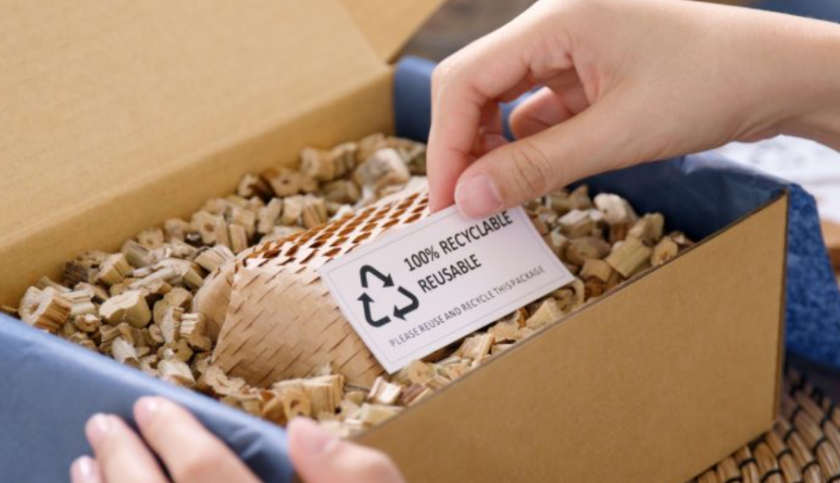The Tokyo Olympics in 2020 are noteworthy for their addition of sports like skateboarding, but that’s not the only innovation. The medals given to winning athletes will be made from recycled electronics like cell phones.
"We hope that our project to recycle small consumer electronics and our efforts to contribute to an environmentally friendly and sustainable society will become a legacy of the Tokyo 2020 Games." https://t.co/37lojYgfG7
— VICE Asia (@viceasia) July 29, 2019
Competition medals are hardly just chunks of gold, silver and bronze. The last Summer Olympics, held in Rio de Janeiro in 2016, featured gold medals made without the use of mercury and with strict mining regulations to promote ethical sourcing. The silver and bronze medals were both made with 30 percent recycled materials, and the ribbons were made with recycled plastic bottles.
In 2010, the Vancouver Winter Olympics officials used recycled electronics ranging from TV’s, computers and more to source materials for the competition medals.
The use of recycled electronics is a unique thing for the 21st Century. We as a society are so focused on the next big thing that the previous next big thing tends to sit in a drawer at home or end up in a landfill. So, to not only eliminate waste but use the discarded products for one of the most coveted items in the world is downright fascinating.
According to the Tokyo 2020 website, the mobile phones and small electronic devices were collected between April 1, 2017 and March 31, 2019. This collection yielded about 6.21 million used phones, weighing approximately 78,895 tons. That included about 70 lb. of gold, 7,716 lb. of silver and 4,850 lb. of bronze. The Japanese government will further recycle any materials that aren’t used for the medals, according to Popular Mechanics.
“We hope that our project to recycle small consumer electronics and our efforts to contribute to an environmentally friendly and sustainable society will become a legacy of the Tokyo 2020 Games, the Tokyo 2020 organization said in a statement to CNet.
In a world that’s increasingly concerned with mankind’s impact on the environment and how we source our consumer goods, carrying out such a successful and innovative project on one of the world’s largest stages is commendable to say the least. It can serve as a teaching moment for some countries who might lag behind current environmental efforts, and prove to others the powers of recycling and limiting waste.
Beyond that, it’s a cool idea for an awards program. If you can find promotional awards made in a similar manner, it’d be a nice sales opportunity for nonprofits or any other clients that count environmental issues among their core values.


